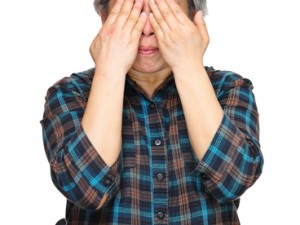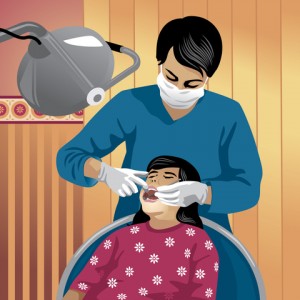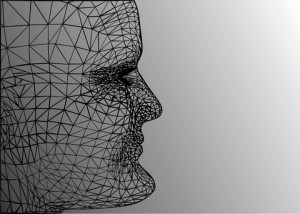
A few years ago I was told a very moving story by a friend of mine who had suffered from phobias, anxiety and, in patches, depression for many years. He told me of the day he woke up, opened his eyes and suddenly everything felt different. He had no fears to worry about, things seemed be going to plan but it felt strange. The years he had spent waking up every morning with the fear that something was going to happen, checking his phone for fearful text messages and suffering from massive anxiety as soon as he opened his eyes had gone. It felt strange, it felt wrong and while his mind was clear he could not understand the feeling of calmness and control. For many years fear had been his comfort blanket, the first thing he thought of in the morning, the last thing he thought of at night and on many occasions it dominated his dreams.
When fear becomes your friend
I can only imagine what it must like to feel more anxious because you were not feared rather than feeling calm, relaxed and in control. When fear becomes your comfort blanket, when it feels like the norm and calmness feels “wrong” you know that you have been in a bad place. It is fair to say that we all have fears, we all have phobias and we all have concerns. However, the moment these elements dictate your life, the way you feel and how you react to more “traditional feelings” should start alarm bells ringing.
Living with fear
The majority of people who live with fear and phobias on a regular basis tend to keep their innermost feelings to themselves. On occasion their mind will play tricks and create “fearsome situations” which put them at ease thinking that fear is normal. Can you imagine a situation where control and calm are seen as alien, where fear and dread and ever increasing anxiety are seen as the norm?
The reality is that we need to experience the good to experience the bad, life is full of ups and downs but anxious people can create anxious moments in their head. The mind is perhaps the most powerful organ on the planet, controlling what you think, when you think and how you think. I remember once discussing cognitive therapy with a colleague and finding out that anxiety and phobias are often a result of the brain “being wired incorrectly”. This does not mean to suggest there is something wrong with a person it is just the way we think has changed, we are more focused on anxiety and phobias rather than living life and enjoying ourselves.
Fighting fear
If you fight fear step-by-step you will eventually grow stronger and the threat of fear and phobias we reduce. It is probably something akin to practicing sports such as running and darts, challenging your stamina with endurance sports, because as time goes by we get stronger, we get better and the threat of fear and phobias is reduced and more controllable. In reality it is unlikely that your anxiety, fears and phobias will ever disappear completely but learning how to recognise an episode and how to react to kill an episode as quickly as possible means you can live a normal and enjoyable life.
Fear need not be your comfort blanket, life does go on and being feared of something is only natural.






